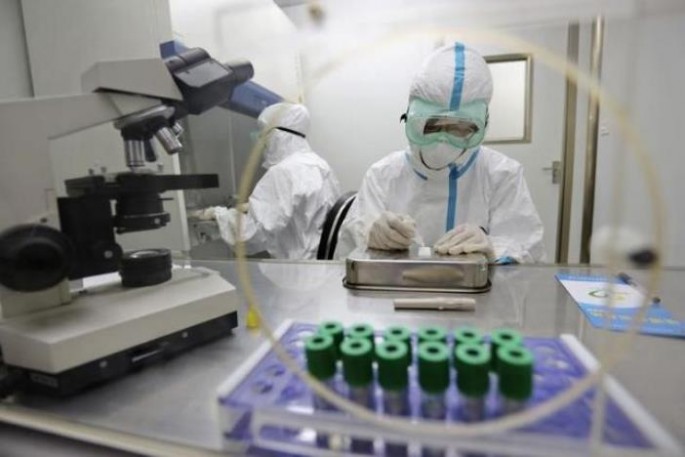China has started its national key research and development (R&D) plan on Tuesday, Feb. 16, with the aim to streamline numerous scientific and technological programs funded by government, the Xinhua News Agency reported.
Hou Jianguo, vice minister of science and technology, said that the plan will focus on research in fields that would be vital to the country's development and people's well-being, such as agriculture, the environment, health and energy, as well as strategic fields key to innovation, industrial competitiveness and national security.
During the press conference held by the Ministry of Science and Technology on Tuesday, Hou said that the plan now covers 59 specific projects.
The report said that several prominent state sci-tech programs were merged under the plan, including Program 863 and Program 973, which are focused on key fields such as automation, biotechnology, energy, information, new materials, space, telecommunications and marine technology.
Program 863 has made breakthroughs that included supercomputer Tianhe-1, manned deep-sea research submersible Jiaolong, and super hybrid rice.
More than 100 programs will be merged into five plans, namely natural science, major sci-tech, key R&D plan, technical innovation and the sci-tech human resources, in a bid to address the low efficiency that results from redundant programs.
According to the "UNESCO Science Report: Towards 2030," China's R&D spending is now the second highest in the world, Xinhua reported in November last year.
The country's R&D has seen rapid growth, from only 5 percent of global R&D investment in 2005 to nearly 20 percent over the last five years.
The UNESCO report is conducted every five years, and aims to provide an overview of levels of higher education, research and innovation around the world.
From 2009 to 2014, China's investment accounted for 20 percent of global R&D expenditure, ahead of the EU with 19 percent and Japan with 10 percent.
Leading the way is United States with 28 percent, while the remaining two-thirds of the world's population accounts for just 23 percent of the global R&D expenditure.
China also has the second highest number of scientists globally, hosting 19 percent of the world's scientists, just behind the EU with 22 percent.






















